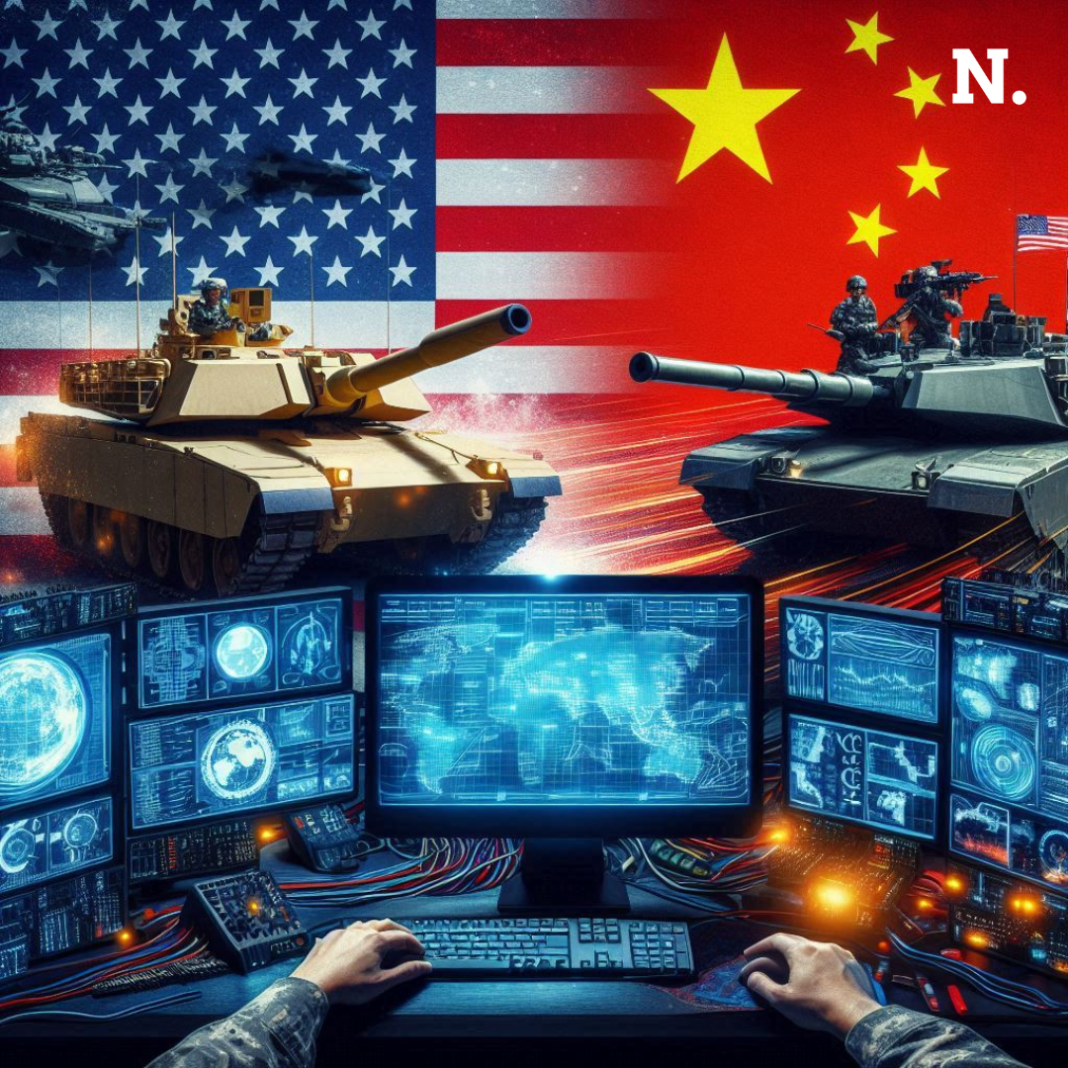The US Treasury Department has detailed a proposed rule aimed at restricting American investments in China. The rule specifically targets advanced Chinese technologies like artificial intelligence, computer chips, and quantum computing. This proposal follows President Joe Biden’s executive order from August 2023. The order addresses the access that “countries of concern” have to American funds. These funds could enhance their military, intelligence, surveillance, and cyber capabilities. The order identifies China, Hong Kong, and Macau as these countries of concern.
Targeting Chinese Technological Advancements
The Biden administration’s objective is to hinder the development of technologies in China that could provide it with a military edge or allow it to dominate emerging sectors such as electric vehicles (EVs). Alongside the proposed investment restrictions, President Biden has also imposed significant tariffs on Chinese EVs. This move has political implications, as both Biden and Republican Donald Trump aim to demonstrate to voters their ability to stand up to China, a major geopolitical rival and trading partner.
Restrictions Imposed on Chinese Tech
The proposed regulation outlines the information that US citizens and permanent residents must provide when conducting transactions using the designated technologies. It also details what constitutes a limitation breach. A senior Treasury official, who provided an advance look at the regulation under secrecy, said that American investors cannot support AI systems in China for military purposes. These purposes include battle, weapon aiming, and location monitoring.
Industry Reactions Over Chinese Tech restrictions
J. Philip Ludvigson, a partner at King & Spalding and a former Treasury official for Investment Security, claims that companies and investors are now better aware of what is required of them under the new external investment program. The private sector would be responsible for the due diligence and compliance related to new investments, thus he underlined the significance of these elements.
Craig Allen, president of the US-China Business Council, expressed support for the Biden administration’s efforts. The efforts aim to protect US national security while maintaining robust commercial exchanges with China. His organization is a nonprofit comprising American firms that do business in China. It recognizes the need to balance security concerns with economic benefits. These benefits impact American companies, workers, and the economy.
Seeking Public Comment
The Treasury Department is seeking public comments on the proposal until August 4, 2024. After this period, the department is expected to issue a final rule. Despite the increasing tensions between the US and China, Biden administration officials, including Treasury Secretary Janet Yellen, have insisted that they do not aim to “decouple” from China entirely.
Recent Tensions and Security Concerns
In recent years, there has been an increase in tensions between the US and China. A suspected Chinese spy balloon was shot down by the US military in February 2023 off the coast of Carolina after it had passed over important military installations in North America. China responded by threatening to take action. National security issues have been a source of tension in the two countries’ ties ever since.
In May, President Biden issued an order blocking a Chinese-backed cryptocurrency mining firm from owning land near a Wyoming nuclear missile base, citing its proximity as a “national security risk.” This incident is one of many that highlight the ongoing security concerns influencing US policy towards China.
Conclusion
The proposed rule to restrict US investments in Chinese technologies with military applications is a significant step. It marks a key move in the Biden administration’s strategy to protect national security. By imposing these restrictions, the administration aims to balance security needs with maintaining economic ties with China. Seeking public input is also part of this strategy. As tensions between the two countries persist, these measures reflect broader geopolitical challenges. The USA is making efforts to safeguard its technological and economic interests.





